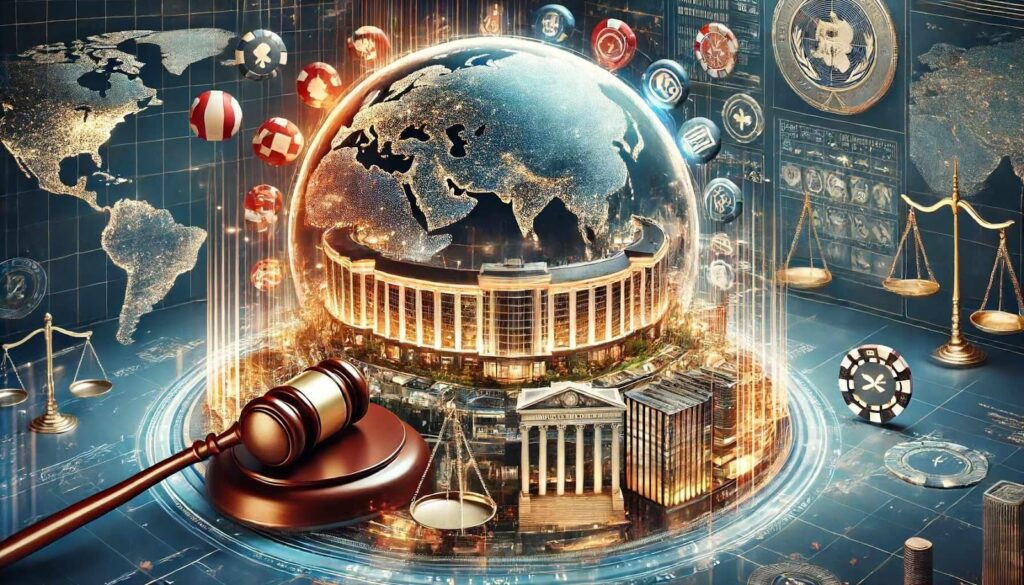The global casino industry is multi-faceted and interacts with many political and legal conditions of varied countries. Thus, the paper looks into the historical aspects of casino legislation, the current regulatory frameworks, political debates, and their impact on international relations. From these perspectives, stakeholders will understand what the foreign casino market presents as their challenges and opportunities in making well-informed decisions and strategies.
History Behind Casino Legislation
Two factors that greatly influenced the evolution of gambling laws were society’s fickle attitude and economic motives. In its inception, legislation used to be restrictive to banish inherent moral and social issues associated with gambling. However, it was soon realized that regions offered colossal revenue potential, and it brought economic development, so many areas started liberalizing the gambling law. These include the acceptance of casinos in Las Vegas in the 1930s, establishing a regime of regulated markets within Europe, and more recently, the meteoric rise of casino resorts in Macau. All these developments were affected by local political climates and economic needs, giving shape to how casinos are regulated today.
Current Regulatory Frameworks
The nature of foreign casino regulatory frameworks varies significantly from one jurisdiction to the next. Most of the regulatory mechanisms that govern the operation of gambling centers in the US seem to be regulated at the state level. Each state defines the rules and the authority taken to oversee the industry. In jurisdictions such as that of the UK or Malta, special regulating regimes are in place to regulate the terrestrial and online casinos. MGA casinos online, regulated by the Malta Gaming Authority, are known for their stringent standards and player protection measures. Some impose tight regulations, particularly in Macau and Singapore, to establish and maintain integrity in their gaming industry and money laundering, respectively. Understanding these frameworks is critical for operators who want to enter foreign markets, as compliance with local laws and regulations is critical to ensuring viable operations.
Political Debates and Controversies
Generally, the legalization of casinos is a reason for political dispute and controversy since, according to the supporters, they raise tourism, create jobs, and are a source of high taxation. Opponents attest to the problems of gambling, crime, and general social costs. High-profile cases express these debates: when Japan was going to legalize casinos, the news was met with enthusiasm and fear, becoming representative of a global discussion. These controversies underline that what is needed are balanced policies recognizing both the economic benefits of casinos and the possible social costs.
Implications for International Relations
Casino laws influence diplomatic and trade relations to a great extent. New Macau has turned into a worldwide gambling center, thereby increasing economic cooperation among China and several other nations. On the other hand, strict anti-gambling laws can result in disputes among countries and neighboring regions that seek the backing up of casino tourism. Online gambling regulation disputes and cross-border gambling issues are prime examples. Addressing most of these issues calls for international cooperation and agreements to promote a harmonious and regulated gambling environment.
Wrap-Up
The politics and legislation of foreign casinos vary and are multidimensional in nature, determined by both historical and economic factors, as well as social conditioning. Understanding the political landscape in which they are operating is highly relevant and important for stakeholders to move forward within this industry. The future trends could be oriented toward more regulations and international cooperation in the balancing of the effects that benefit from, but also bring a number of problems related to casino operations.






